Subtotal: ৳ 170.00
Calbo | 500 mg | Tablet | 10 pcs
৳ 50.00
Brand Name: Calbo Tablet
Generic: Calcium Carbonate
500 mg
Manufacturer: Square Pharmaceuticals Ltd.
Unit Price: ৳ 5.00 (10 x 10: ৳ 500.00)
Strip Price: ৳ 50.00
Indications
1000 mg tablet: This is indicated for the management of conditions associated with hyperidity and for fast relief of acid indigestion, heartburn, sour stomach and upset stomach.
Therapeutic Class
Pharmacology
Calcium carbonate reacts with gastric acid to produce a salt and water. For calcium carbonate the postulated chemical reaction is: CaCO3 + 2HCl = CaCl2 + H2O + CO2
Two grams of calcium carbonate will readily bring 100 ml of hydrochloric acid to a pH above 6. The increase in gastric pH diminishes the activity of pepsin in the gastric secretion. Up to 30% of the oral calcium load may be absorbed.
Dosage & Administration
250 mg or 500 mg tablet: Calcium Carbonate is always used orally and when used as an antacid the recommended doses for adults are equivalent to 540-2000 mg Calcium Carbonate per day, doses for children being half of those for adults. As a dietary supplement, such as for the prevention of osteoporosis, 1250-3750 mg Calcium Carbonate (500-1500 mg calcium) daily is recommended in general, but again this will need to be tailored to the individual patient depending on any specific disease such as Calcium deficiency, malabsorption or parathyroid function. In pregnancy and lactation the recommended daily dose of calcium is 1200-1500 mg. In chronic renal failure the doses used vary from 2.5-9.0 gm Calcium Carbonate per day and need to be adjusted according to the individual patient. To maximize effective phosphate binding in this context the Calcium Carbonate should be given with meals.
1000 mg tablet: 2000-3000 mg tablet when symptoms occur; may be repeated hourly if needed or as directed by the physician.
Interaction
Contraindications
- Hypercalcaemia and hyperparathyroidism
- Hypercalciuria and nephrolithiasis
- Zollinger-Ellison syndrome
- Concomitant digoxin therapy (requires careful monitoring of serum calcium level)
When hypercalcaemia occurs, discontinuation of the drug is usually sufficient to return serum calcium concentrations to normal. Calcium salts should be used cautiously in patients with sarcoidosis, renal or cardiac disease, and in patients receiving cardiac glycosides.
Side Effects
Pregnancy & Lactation
Use in Special Populations
Use in children: Calcium carbonate has been extensively studied in children and infants with chronic renal failure and is both safe and effective.
Use in elderly: In case of elderly patients with renal failure when calcium carbonate is taken constipation may be troublesome one for this group. For this reason, monitoring of serum calcium and phosphate is of course indicated for elderly patients.
Storage Conditions
| Generic Name | Calcium Carbonate |
|---|---|
| Size | 500 mg |
Only logged in customers who have purchased this product may leave a review.

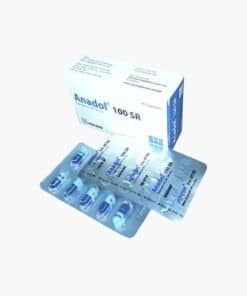

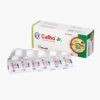


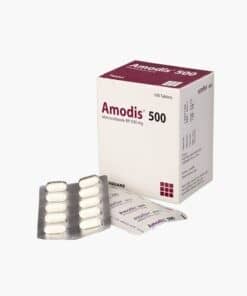
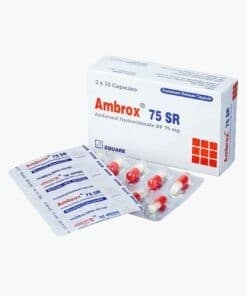

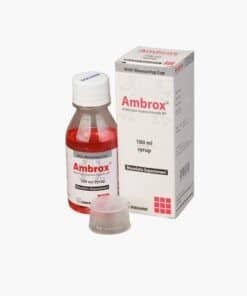
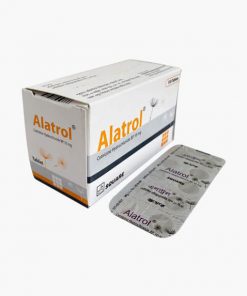
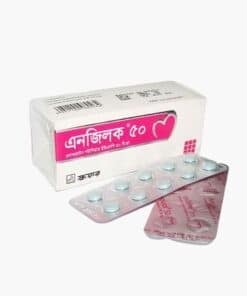
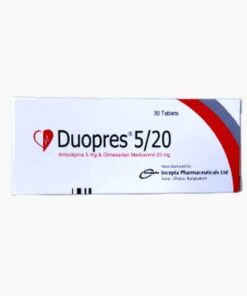
Reviews
There are no reviews yet.